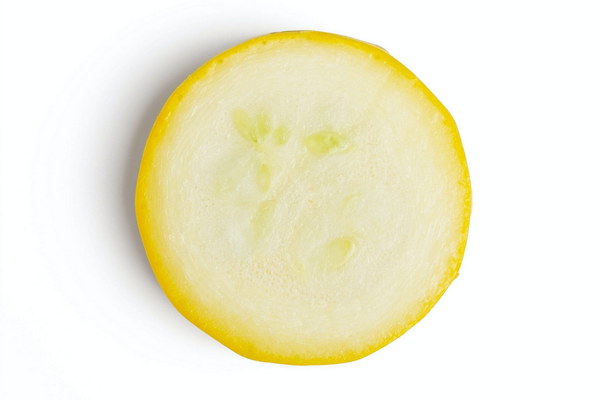Does Mango Really Benefit Liver Health A Comprehensive Look
In recent years, mango has gained a reputation as a superfruit, packed with numerous health benefits. One of the most frequently asked questions about this delightful fruit is whether it can actually aid liver health. In this article, we will delve into the science behind this query and provide a comprehensive overview of the potential liver-boosting properties of mango.
The liver is a vital organ responsible for filtering toxins from the blood, producing bile for digestion, and storing nutrients. It plays a crucial role in maintaining overall health, and any damage to this organ can have serious consequences. With this in mind, it is no surprise that many people seek natural ways to support liver function, and mango has emerged as a popular choice.
Firstly, let's discuss the nutritional content of mango. Mango is rich in vitamins A, B6, C, E, and K, as well as antioxidants such as beta-carotene, quercetin, and astragalin. These nutrients play a vital role in protecting the liver from oxidative stress, which can lead to inflammation and damage.

Vitamin A is particularly beneficial for liver health, as it helps to regenerate liver cells and supports the production of bile. Beta-carotene, a precursor to vitamin A, has also been shown to reduce the risk of liver disease by preventing oxidative damage to liver cells.
Antioxidants, such as quercetin and astragalin, have been found to have anti-inflammatory and anti-cancer properties. They help to neutralize harmful free radicals, which can damage liver cells and lead to liver disease. Additionally, these antioxidants have been shown to inhibit the growth of liver cancer cells, making mango a potential natural weapon against this disease.
Mangoes are also a good source of fiber, which can help to improve digestion and reduce the risk of liver disease. A diet high in fiber has been linked to a lower risk of non-alcoholic fatty liver disease (NAFLD), which is a growing health concern in the United States. Fiber can help to reduce the amount of fat absorbed by the liver, thereby preventing the accumulation of fat in liver cells.
Another potential benefit of mango for liver health is its ability to improve the function of the gallbladder. The gallbladder stores bile, which is produced by the liver and helps to break down fats during digestion. Mango contains compounds that can stimulate the gallbladder to release bile, which can improve digestion and reduce the risk of gallstones.
While mango offers several potential benefits for liver health, it is important to note that consuming it in moderation is key. Overindulging in mango can lead to gastrointestinal discomfort, such as bloating and diarrhea, due to its high fiber content. Additionally, individuals with certain health conditions, such as diabetes, may need to be cautious with their intake of mango, as it is high in natural sugars.
In conclusion, the evidence suggests that mango can indeed benefit liver health. Its rich nutritional content, including vitamins, antioxidants, and fiber, makes it a potentially valuable addition to a liver-healthy diet. However, it is essential to consume mango in moderation and consult with a healthcare professional before making any significant changes to your diet, especially if you have pre-existing health conditions.
As more research continues to be conducted on the health benefits of mango, it is likely that we will learn even more about its potential role in supporting liver function. For now, we can enjoy this delicious superfruit with confidence, knowing that it may be doing more than just satisfying our taste buds—it could be supporting our liver health as well.









